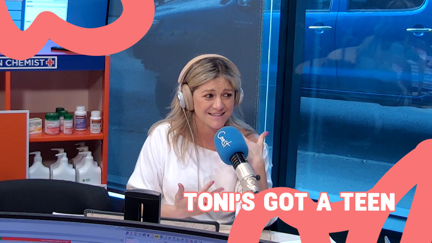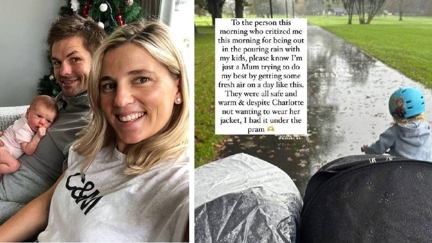John Cowan - Kids Who Bully
- Publish date
- Thursday, 25 May 2017, 3:08PM

There are two ways to tackle unpleasant behaviour: one is to discourage it with penalties and disapproval; the other way is to encourage better behaviour to replace the bad behaviour. It is not enough to say what not to do - -you need to teach kids what they should do. If your child is bullying others, you will of course use the first way. They will get a telling off and there may well be some penalties. They have to know it is unacceptable and it’ll get them into trouble. To avoid bigger trouble later, the kindest thing is for them to experience a bit of trouble now. But don’t forget the second ways as well: coach them into better ways of getting what they hoped the bullying would achieve.
For example, much bullying is simply to impress onlookers. The bully wants to show he is part of the group and so he picks on someone who is different from the group: old, younger, shorter, a different religion… there is usually something about the victim that sets them apart from the bully’s group. The bully thinks the more I pick on the victim, the more I prove I am part of the in-group. So, if your child has been caught bullying, not only do they have to learn that bullying will get them in trouble, they also need to learn skills to make friends and fit in. Skills like:
- How to invite a friend home to play.
- How to approach peers and how to ask to join in their game.
- How to say positive things about other people.
- How to play games and practice taking turns.
- How to be a good sport.
- How to be empathetic to others.
Good social skills are an antidote to bullying.
GiddayI’m John Cowan from the Parenting Place. Bullies need penalties, but they also need to be taught the good social skills which are the real antidote to bullying. For more check out life at coastoneline.co.nz
About John
John has been with The Parenting Place (www.theparentingplace.com) for seventeen years as their senior writer and presenter. He had various roles working with youth and families prior to that but actually started his working life as a scientist in neurophysiology at Auckland Hospital. As well as writing and speaking, John is frequently on radio and television.

Take your Radio, Podcasts and Music with you




